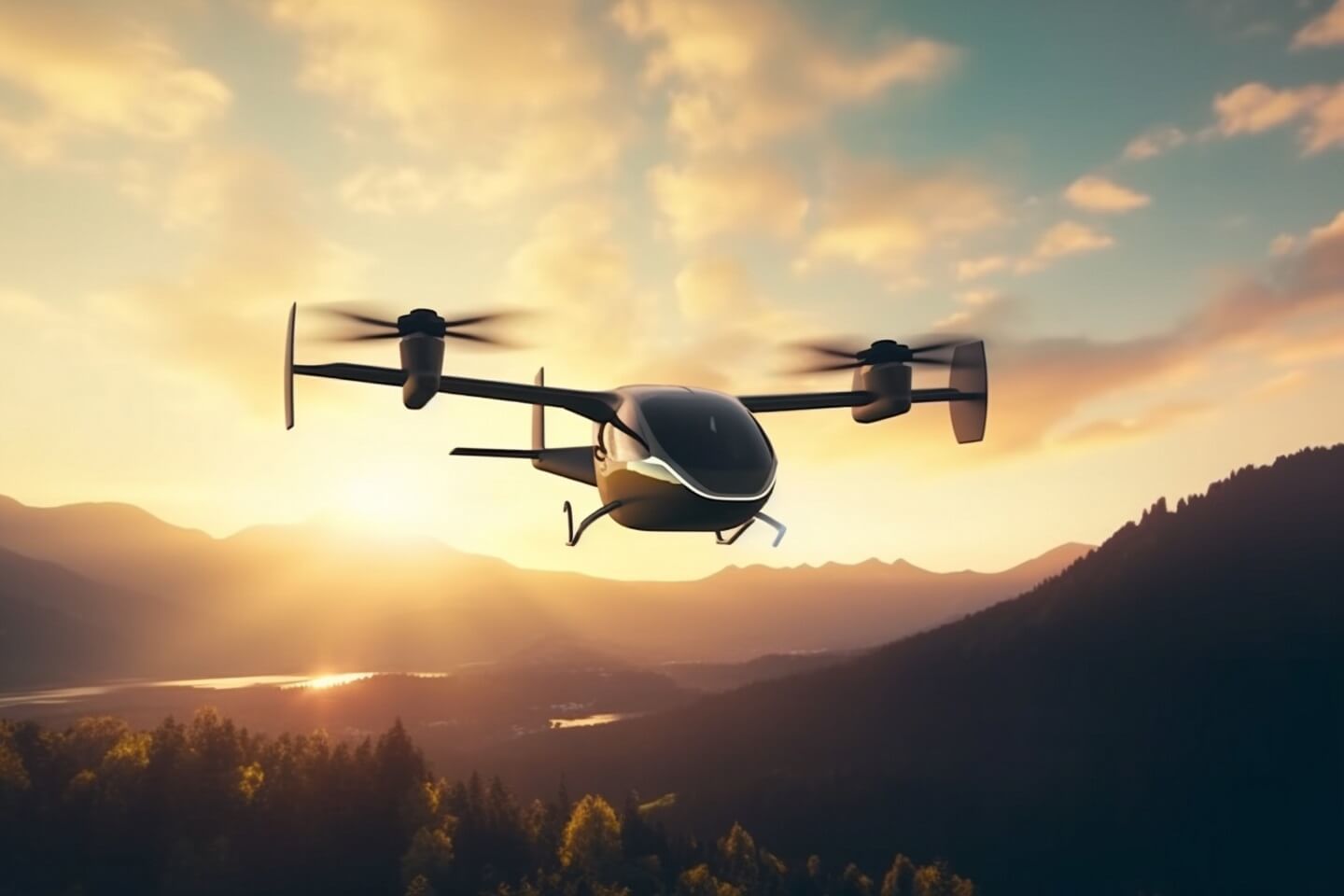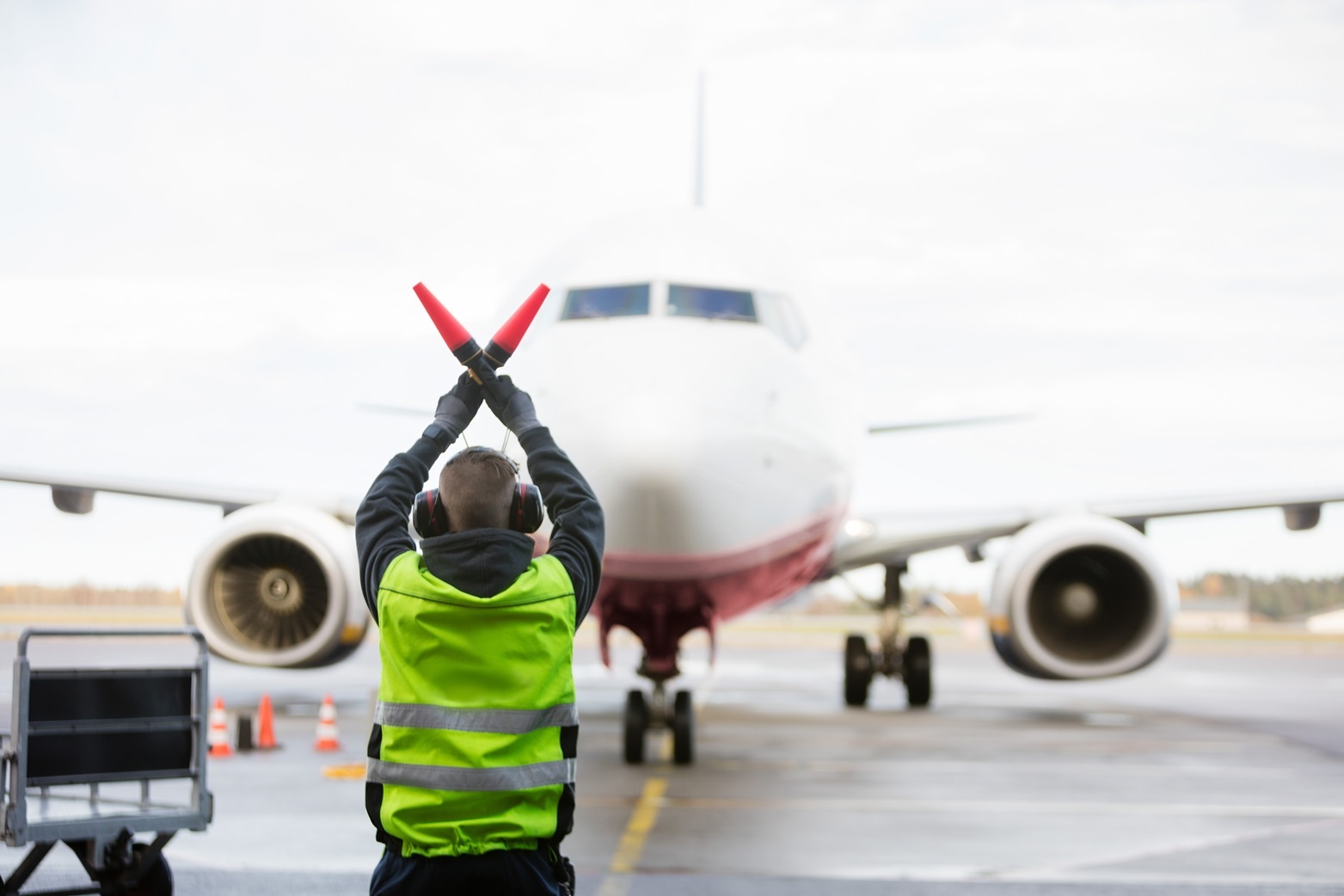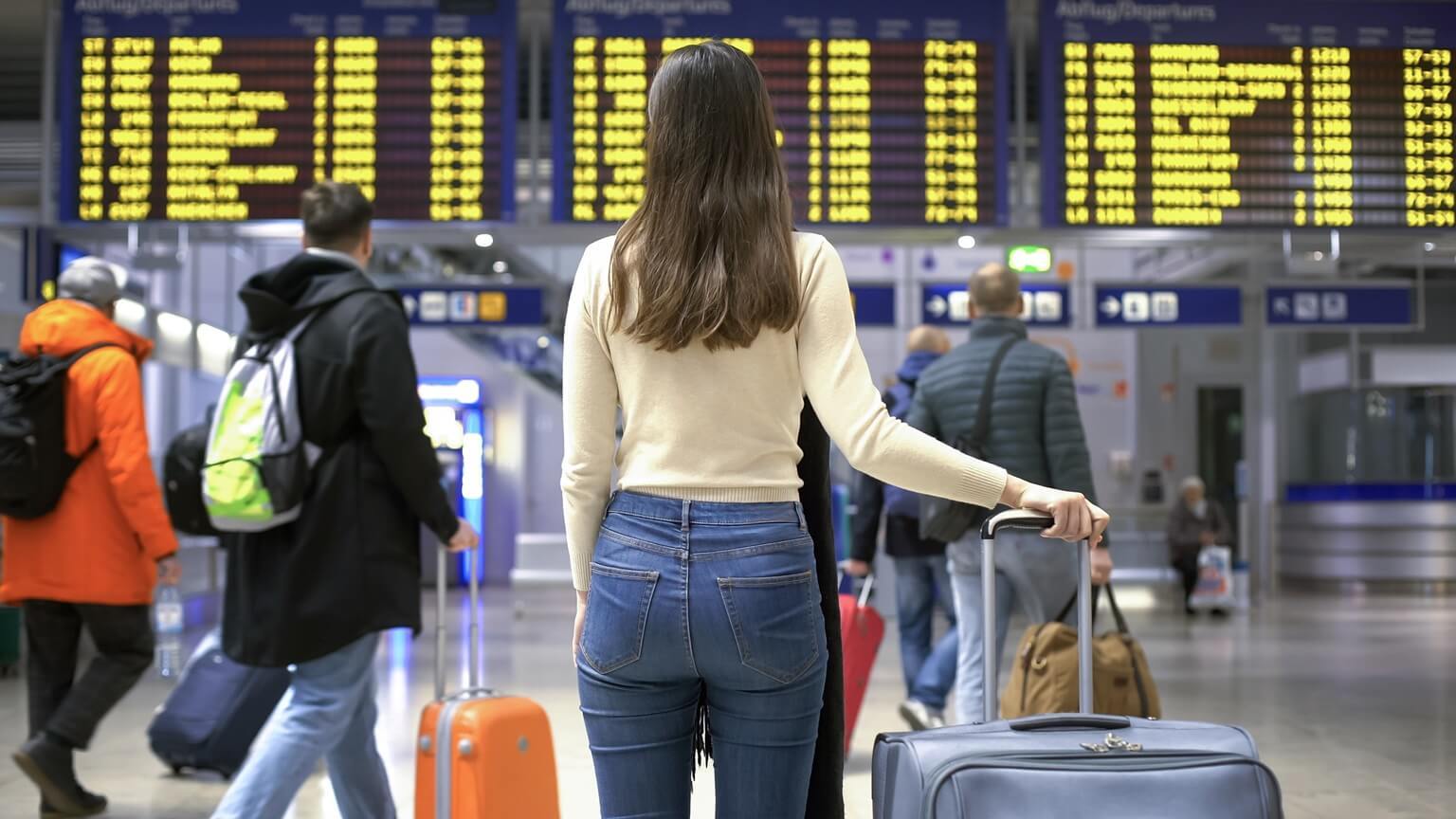The electric revolution in the aviation industry

Electric aviation involves the use of electric motors and batteries to power aircraft, replacing traditional fossil fuel engines. While the idea of electric flight is not entirely new, recent advancements in battery technology, coupled with growing environmental concerns, have accelerated the progress in this field.
Benefits of electric aviation
Environmental sustainability: Perhaps the most compelling reason to embrace electric aviation is its positive impact on the environment. Electric aircraft produce significantly fewer emissions, which is crucial in the global fight against climate change.
Reduced operating costs: Electric motors are more energy-efficient and require less maintenance compared to traditional engines. This can lead to cost savings for airlines and potentially lower ticket prices for passengers.
Quiet operations: Electric aircraft are considerably quieter than their conventional counterparts, which can help reduce noise pollution around airports and communities.
Shorter takeoff distances: Electric motors can provide rapid acceleration, allowing for shorter takeoff distances. This makes it possible to operate from smaller airports, increasing connectivity in remote regions.
Current electric aircraft
Several electric aircraft are already in development or have reached the flight-testing stage. Notable examples include:
Alice by Israeli-based startup Eviation Aircraft: Alice is a fully electric nine-passenger aircraft designed for regional travel.
eFlyer 2 and eFlyer 4 by Bye Aerospace: These are electric training aircraft designed to reduce the environmental footprint of pilot training.
Pipistrel Velis Electro: The first electric aircraft to receive type certification by the European Union Aviation Safety Agency (EASA), this two-seater is designed for training and general aviation.
Challenges and Hurdles for electric aviation
While electric aviation holds tremendous promise, it also faces challenges on the road to widespread adoption:
Limited range: Current battery technology limits the range of electric aircraft, making them more suitable for shorter regional flights.
Infrastructure: Building a network of charging infrastructure at airports is essential for the success of electric aviation.
Regulatory approval: Aviation authorities worldwide need to adapt regulations and safety standards for electric aircraft.
Future of the electric aviation industry
The electric aviation industry is moving forward with optimism. Major players in the aviation industry, including Boeing and Airbus, are investing in electric aircraft research and development. Startups and established manufacturers are working together to overcome the hurdles and bring electric aviation to a wider audience.
As the technology continues to advance, electric aviation is poised to revolutionize how we think about air travel. With environmental concerns at the forefront of the industry's agenda, electric aircraft represent a cleaner and more sustainable future for aviation. The sky's the limit, and electric aviation is on the path to making it a greener, quieter, and more efficient journey.
In conclusion, the future of electric aviation promises to transform the way we travel by reducing the environmental impact and improving the overall flying experience. As battery technology continues to advance and infrastructure develops, we can look forward to electric aircraft taking flight towards a more sustainable and eco-friendly future in the skies.
Latest posts
Understanding EC261: How Europe protects your rights
Learn all about EC261: How European passenger rights protect you in cases of flight delays, cancellations, and issues.
Top 5 legal rights every airline passenger should know
Learn about the top 5 flight rights every passenger should know, from compensation to claims for delays.
What to do when the airline rejects your claim?
What to do if the airline rejects your compensation claim? Tips on legal steps, support, and your available options.
About MYFLYRIGHT
MYFLYRIGHT is a legal tech company, specialized in the support of airline passengers affected by flight delays, flight cancellations, denied boarding, delayed or lost luggage and the refund of unused airline tickets. MYFLYRIGHT was founded 2016 in Hamburg, Germany. The company operates out of 3 offices, its headquarter in Hamburg and its branches in Prague, Czech Republic and Zaporizhia, Ukraine. Currently, MYFLYRIGHT employs a team of around 25 people working in Marketing, Operations, Legal, Customer Support and IT. The organization operates across 5 markets – Germany, United Kingdom, Romania, Austria, and Switzerland.
MYFLYRIGHT’s goal is to provide access to justice for all aviation passengers who experience irregularities in their flight transportation. Notably, 75% of all compensation requests submitted by passengers get rejected. Whereas, MYFLYRIGHT is able to successfully execute the applicable customer claims in more than 98% of cases at court.












